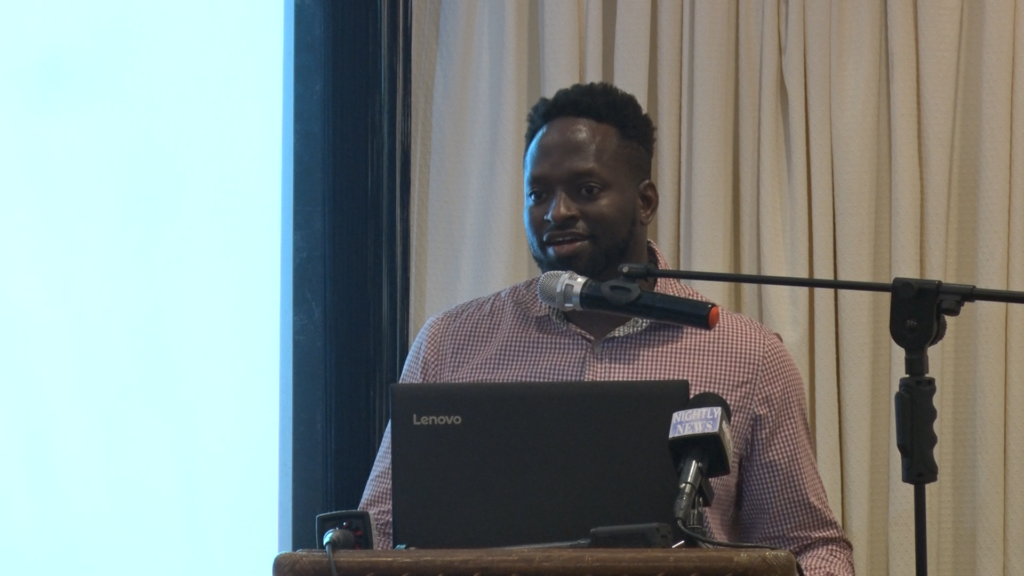An overwhelming 72 per cent of the participations in a new study agree that legal protection for the Lesbian, Gay, Bisexual, Transgender and Queer (LGBTQ) community from discrimination in the workplace is necessary.
With this finding from a study assessing the attitudes toward LGBTQ persons, the Society Against Sexual Orientation Discrimination (SASOD) intends to approach policymakers to make legislative changes and amend Guyana’s 1997 Prevention of Discrimination Act.
Currently, the Act prohibits discrimination in the workplace based on: “race, sex, religion, colour, ethnic origin, indigenous population, national extraction, social origin, economic status, political opinion, disability, family responsibilities, pregnancy, marital status or age…”
Policies that reflect the human rights of LGBTQ persons will require massive support from society for laws to be changed or even consideration for drastic changes.
“We also found that 53 per cent support decriminalisation of sex between men very significant as well and that 72 per cent support legal protection from non-discrimination in the workplace,” Joel Simpson, SASOD’s Managing Director said.

This finding will assist the organisation in its mission on getting Guyana’s 1997 Prevention of Discrimination Act amended.
“Now we’ve been in a place in Guyana where politicians are telling us that society isn’t ready for certain legal changes, society isn’t ready for certain policy changes and now what this data is showing is that society is more than ready. It provides us with the evidence and data to say to the policy makers that the society is far more ready than you think it is for legal and policy changes,” Simpson said.
Further, it was noted that as part of the findings religious persons were also supportive of the LGBTQ community 50.1 per cent of participants were frequent churchgoers while 51.3 per cent of them rarely attended. However, Simpson said this is an indicator that the frequency of attending religious services, which was used as an indicator of religiosity, does not affect their views on protecting the rights of LGBTQ persons.
“Across the board, religion does not seem to affect people’s views on the right to protect LGBTQ people and protection of the rights of LGBTQ people,” Simpson said.
In the past many persons, especially religious groups did not support the LGBTQ community. Simpson touched on this and added that “When we first started nobody wanted to be associated with us so the society is changing, the society is evolving and no doubt because of public education efforts by civil society, by the international organizations, UN agencies which are supporting this work and we are seeing benefits of that in terms of changing attitudes and perceptions.”







